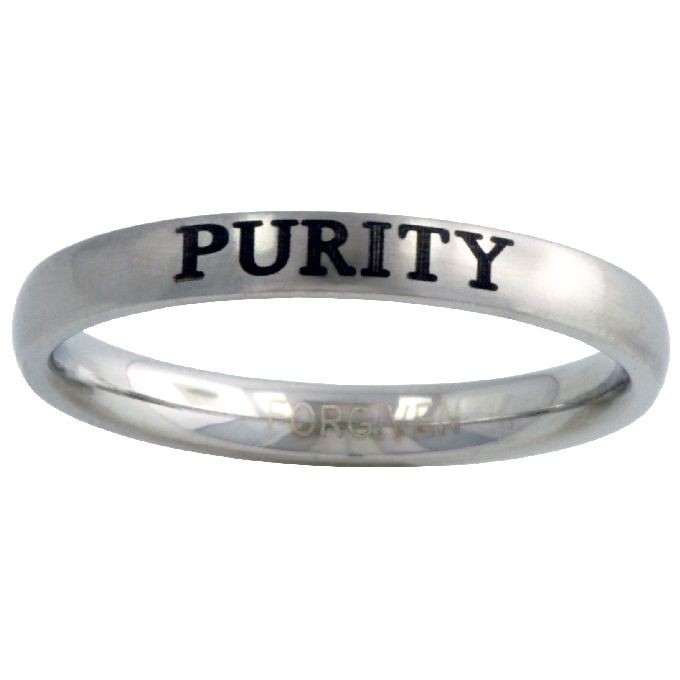

As they have entered adulthood, become parents themselves, and have perhaps long since rejected a purity culture that they experienced as harmful to body and spirit, many find themselves left without anything to replace it. Some credit the negative reactions to purity culture as fueling the exodus of young adults from the evangelical church - in 2006, white evangelicals comprised 23 percent of Americans, and that dropped to 17 percent by 2016.

“Now those same people, when I talk to them today, have been saying things to me like ‘thank you for allowing me to be part of this movement.’” “ were really afraid that their story, though it was true and though it was important to them, was ultimately going to turn people away from the church,” said Linda Kay Klein, author of Pure: Inside the Evangelical Movement That Shamed a Generation of Women and How I Broke Free. And while conversations about the harmful, sometimes PTSD-like consequences of adopting a purity ethic have been happening for well over a decade, the rise of the #MeToo movement in 2017, and the #ChurchToo movement soon after, offered many the impetus to speak out. The context in each story varies, but the common theme identified is how a shame-based introduction to adolescence has left scars through adulthood. A swell of voices within - and for some, now outside - the church have come to similar conclusions about the effects of purity teachings that permeated 1990s-2000s white evangelical churches.


 0 kommentar(er)
0 kommentar(er)
